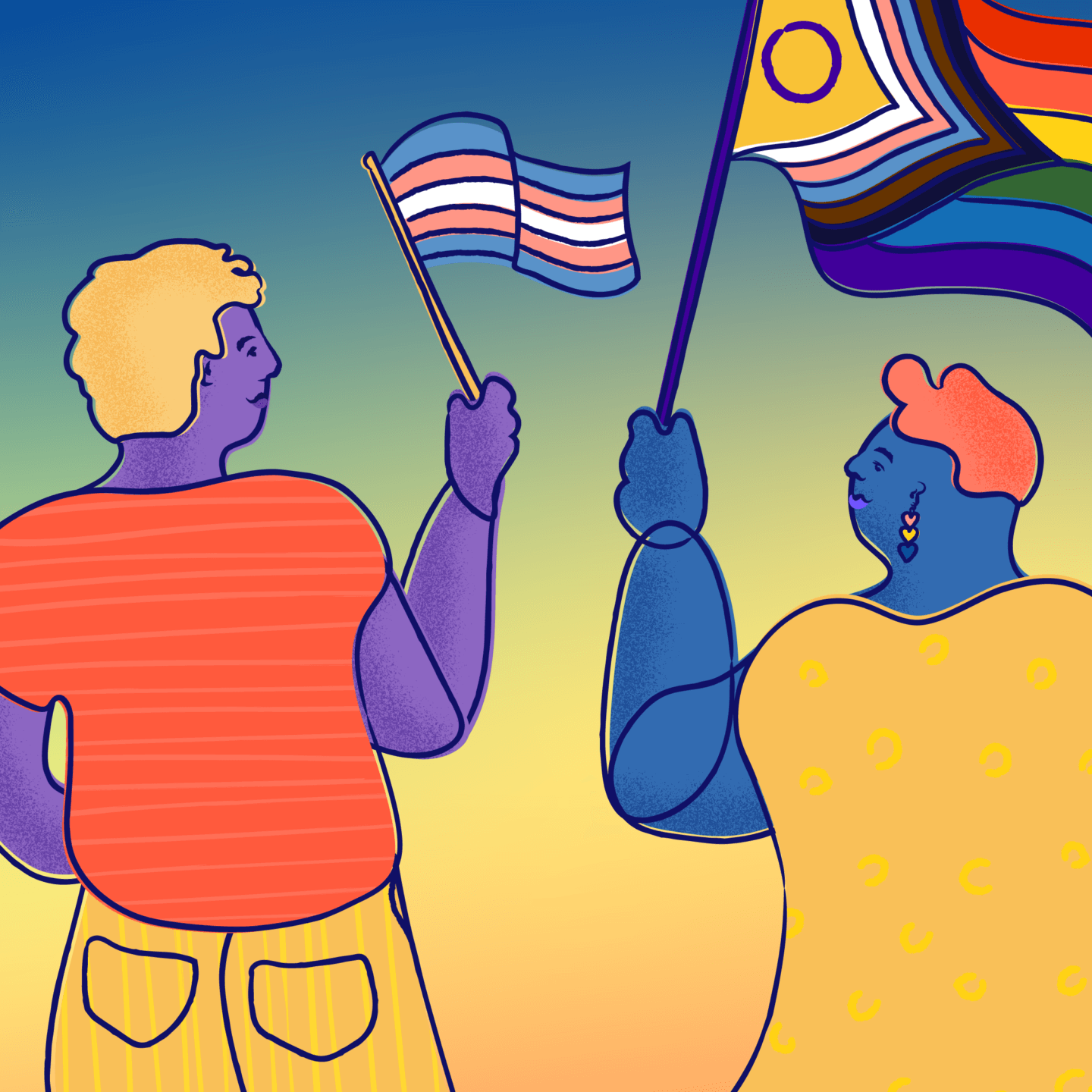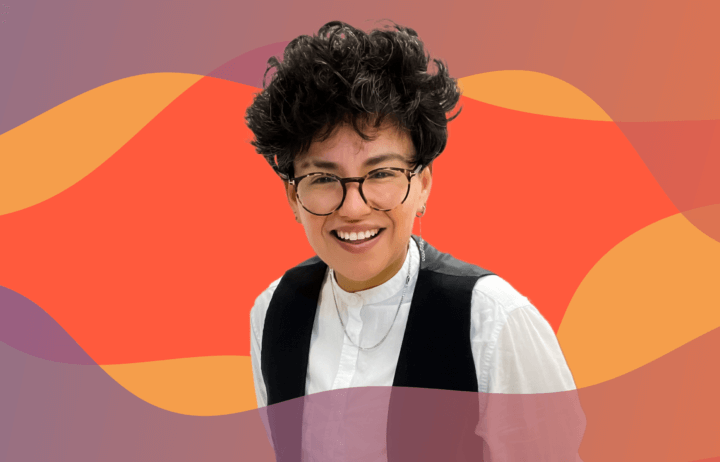Youth's Lives Every Day
Each year toward the end of March, we observe ‘National LGBTQ Health Awareness Week’ to raise awareness and understanding of timely topics that impact the health and well-being of LGBTQ+ people across the United States.
As part of this year’s observation, we spoke with one of our partners, Molina Healthcare, to share how they are supporting the health and well-being of LGBTQ+ young people during this important week and beyond.
Read more in our interview with the Molina Healthcare team below:
Many people know that Molina Healthcare is at the forefront of creating a healthier society, but can you shed light on how you show up for LGBTQ+ young people?
At Molina Healthcare of Illinois (Molina), we are dedicated to addressing the health and well-being of our community members, especially historically under-resourced communities. Molina is committed to promoting equity for and among the LGBTQ+ community. Last year, we partnered with The Trevor Project to expand access to programs that help address LGBTQ+ suicide risk and create inclusive spaces for youth to feel safe and supported.
Molina has also supported other LGBTQ+ organizations throughout the state of Illinois, including the LGBTQ+ Center of Lake County. Through grant funding, we’ve helped expand their peer-led support group and SafeZone Training — an LGBTQ+ cultural competency program for private businesses, nonprofits, education institutions, and other organizations. Through this grant partnership, the LGBTQ+ Center of Lake County is serving more than 100 people each month, providing support groups and training sessions that create a safe space and empower individuals to be their authentic selves.
How has the landscape changed for LGBTQ+ young people over the years? What progress or challenges have you seen?
In Illinois, 41% of LGBTQ+ youth reported they seriously considered suicide in the past year. 57% have expressed a desire for mental health care but an inability to access it. Furthermore, as recently released Illinois Trevor Project data shows, 64% of LGBTQ+ youth in Illinois reported experiencing symptoms of anxiety, and 60% experienced discrimination based on their sexual orientation or gender identity.
Improving health equity and addressing health outcomes must be a multi-pronged effort focused on both physical and mental health. To support these efforts, Molina invested $3.7 million in the MolinaCares Illinois Health Equity Initiative, dedicating funding to local programs, initiatives, and organizations supporting behavioral and physical health outcomes for underserved populations across Illinois, including LGBTQ+ youth.
Why is National LGBTQ+ Health Awareness Week so important right now?
National LGBTQ+ Health Awareness Week is a time to raise awareness of the need for improved health care access. During National LGTBQ+ Health Awareness Week, and every week, supporting the health of LGBTQ+ individuals and other underserved communities remains a top priority for Molina. Through our partnerships, Molina is bridging barriers to care, promoting inclusiveness, and improving allyship within marginalized communities in Illinois.
How do you use Trevor research, resources, or statistics?
Data is central to showcasing the need for increased access to health care and services. Molina leverages data from organizations like Trevor to underscore the value of expanding access to behavioral health care, peer-support, and safe online communities that give individuals the space to be their authentic selves.
What makes you hopeful for the future of health?
From the start, Molina’s commitment to improving the lives of under-resourced Illinoisians has remained steadfast, and that commitment continues to drive us forward to the future of health. In Illinois, 12% of families live below the federal poverty level, which often translates to unstable health care coverage, housing and food insecurity, transportation barriers, and challenges accessing necessities like hygiene products. Individuals living below the federal poverty level are also at higher risk for mental illness, chronic disease, mortality, and lower life expectancy.
To address these disparities, we are committed to ensuring the communities we serve in Illinois have access to the resources, services, and treatments needed to address their health care needs. And to do so, we partner with trusted community-based organizations who are on the ground, already providing the community with critical services and support. These partnerships are foundational to bridging barriers to care – and they give us hope for a healthier, happier Illinois, including for LGBTQ+ youth. Our partnerships are our pillars as we continue to work towards a future in health where everyone has access to the services, support, and resources they need to thrive.


